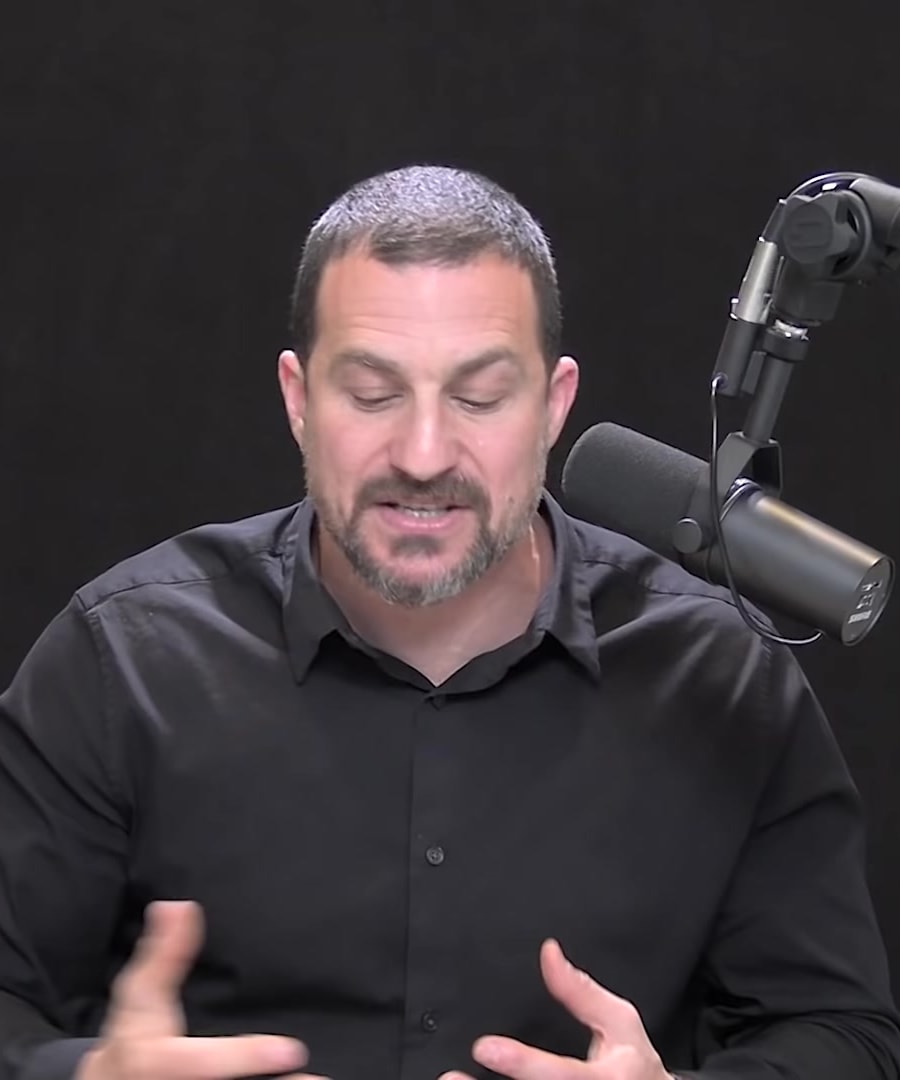why do we lose motivation
Sources:
We lose motivation for a variety of reasons, often connected to how our brain manages energy, focus, and emotional responses. Here are several key factors discussed in the Huberman Lab:
-
Dependence on External Motivators: Overreliance on external boosts like music, motivational quotes, or even caffeine can lead to a decreased effect over time and result in a decline in intrinsic motivation. This is because frequent use can lead to a decrease in the effectiveness of the dopamine and adrenaline systems, leading to a 'crash' in motivation 1.
-
Dopamine Dynamics: Motivation is significantly influenced by dopamine, which is activated not just by pleasure, but more powerfully by anticipation and craving. If the anticipation or the novelty wanes, so does dopamine release, which can reduce motivation 2.
-
Middle of the Process:
- The "Middle Problem": Motivation tends to dip in the middle of a process, leading to a phenomenon known as the "middle problem." This is when the initial excitement has worn off but the end goal still seems far away. Recognizing and strategizing around this natural dip can help maintain motivation 3.
-
Biological and Psychological Factors: Various biological and psychological factors, such as disruptions in sleep, appetite, or hormone levels, can also impact motivation. For example, depression can alter several neurotransmitters and hormones, affecting motivation levels 4.
-
Leveraging Reward and Desire:
- Understanding the role of dopamine in motivation, particularly how it spikes with desire and anticipation, can help in structuring activities and goals to maintain motivation. For example, breaking tasks into smaller, more manageable milestones can sustain dopamine-driven motivation 5.
Understanding these dynamics and managing expectations around them can help in maintaining or regaining motivation over time.
RELATED QUESTIONS-
why do we lose motivation
- RELATED QUESTIONS




